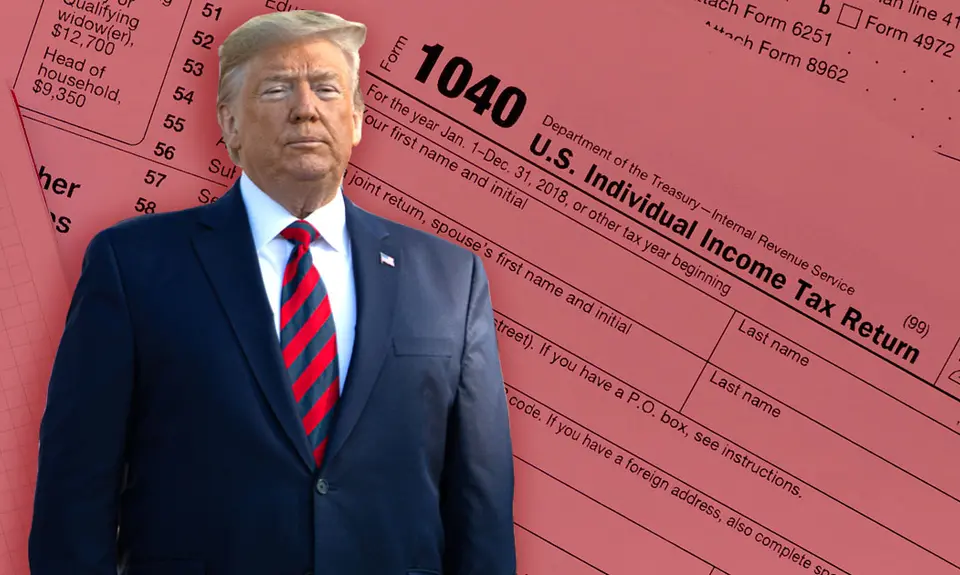“Confirmed Judges, Confirmed Fears” is a blog series documenting the harmful impact of President Trump’s judges on Americans’ rights and liberties. Cases in the series can be found by issue and by judge at this link.
Although agreeing to reject President Trump’s claim that he is absolutely immune from state grand jury subpoenas in the July 2020 case of Trump v. Vance, Trump Supreme Court justices Brett Kavanaugh and Neil Gorsuch tried to make it easier for Trump to resist such subpoenas by arguing that prosecutors must meet an elevated standard that would impede criminal investigations. Such standards were rejected by the Court majority, including Chief Justice Roberts.
Vance involves a subpoena for financial records that concern President Trump in his personal capacity and are in the possession of his accounting firm. The subpoena was issued by Manhattan DA Cyrus Vance on behalf of a state grand jury investigating possible violations of state law. Trump filed suit against Vance to stop the subpoena, a request that was rejected by the lower courts, and the case then went to the Supreme Court.
Trump argued that he is absolutely immune from such subpoenas while he is President; the Department of Justice (DOJ) did not endorse that view, but argued that prosecutors must meet a heightened standard to obtain records relating to the President.
Significant attention has focused on the fact that the Supreme Court, including Justices Kavanaugh and Gorsuch, unanimously and decisively rejected Trump’s claim of absolute immunity. Much less attention has been paid, however, to the fact that Kavanaugh and Gorsuch argued for an elevated standard that Vance and other prosecutors must meet before such subpoenas can be carried out.
Specifically, Kavanaugh and Gorsuch did not join Chief Justice Roberts’ opinion rejecting the Trump and DOJ arguments before sending the case back to the lower courts. Instead, while they concurred in the result, Kavanaugh wrote a separate opinion joined by Gorsuch arguing for an elevated standard. He maintained that before a subpoena concerning a President’s personal records can be carried out, prosecutors must show a “demonstrated, specific need” for the records. This was the standard adopted by the Court in the Nixon case when federal prosecutors seek official Executive Branch records that may be protected by executive privilege.
Chief Justice Roberts’ opinion for the Court majority specifically rejected DOJ’s similar argument for a “heightened standard.” Such a standard, the majority explained, would improperly “extend protection designed for official documents to the President’s private papers.” In addition, the majority went on, it would “hobble” a grand jury’s ability to get the information it needs in criminal investigations and frustrate the “public interest in fair and effective law enforcement.”
As the majority pointed out and as Trump has already begun to demonstrate in lower court proceedings, Trump can still attempt to resist the subpoena on other grounds. But if the views of Kavanaugh and Gorsuch had prevailed, he would have enjoyed special protection from grand jury subpoenas that would significantly impede effective and fair criminal investigations.
